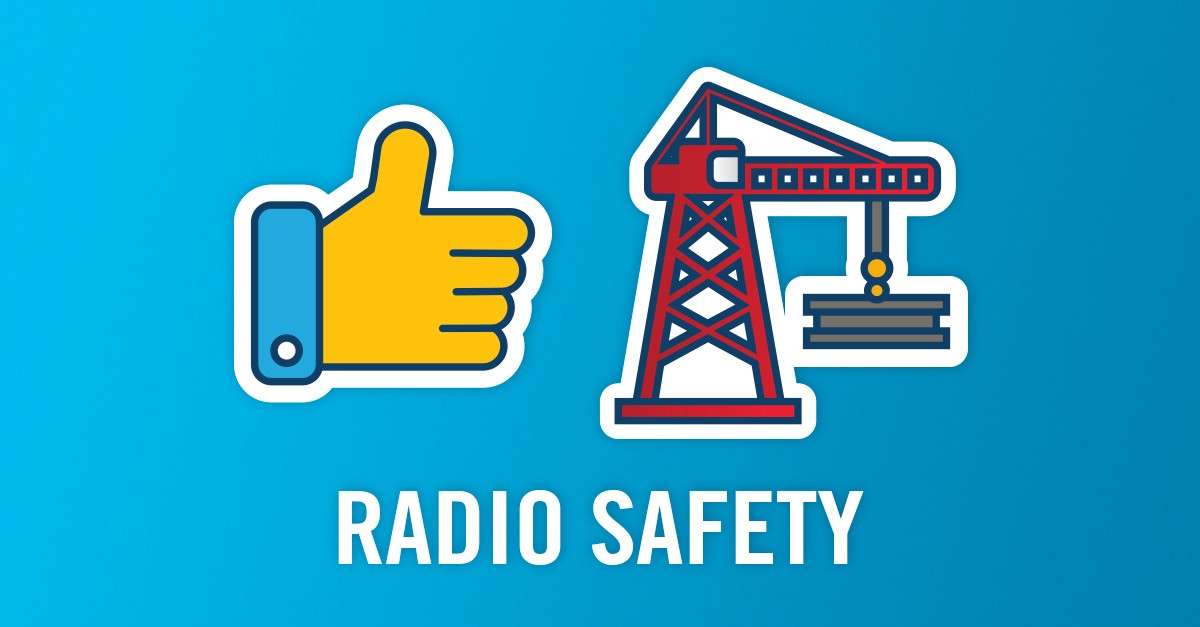
Radio Communication in Crane Operations
Cranes provide a variety of purposes at the worksite. Communication between crane operators and ground workers is essential to the safety of the operator, workers, cargo and surrounding property.
Workers on the ground usually use hand signals to communicate with operators, but there are times when an operator’s line of sight may be obstructed, making communication by sight difficult. Radio communication solves this problem. A two-way system provides clear and immediate signals without interference. It also allows for maintained communication even if conditions in the work area change.
Benefits of Radio Communication
Radio communication can result in greater productivity and fewer accidents because operators do not have to rely solely on their sight to move cargo safely and accurately.
Radio communication also prevents a crane from carrying loads above workers on the ground. The operator’s cabin most likely has a glass floor so the operator can see below, but operators often have blind spots and limited visibility due to other equipment or elevation. Employees can communicate immediately via radio whether workers are standing below the load.
A radio system should be hands-free for the crane operator and can be a handheld device or a wireless headset for the workers on the ground. Radios should be available for all workers so everyone knows what the crane is doing.
Have employees take these steps for successful radio communication:
- Test the radios before use to make sure they are clear and reliable. Each crane should use separate channels, if possible, to avoid confusion. If the radios are not working properly, avoid high-risk tasks.
- Establish radio contact between the operator and workers on the ground before operating the crane. Notify workers to move out of and avoid the crane’s swing radius—a dangerous area where crushing injuries commonly occur.
- The operator should wait for the “all clear” message before moving the crane. Crushing injuries are also common during this time. Accidents often happen when operators do not wait for the “all clear” message, or when workers on the ground do not effectively communicate it.
- Do not use the radios for personal discussions unrelated to the operation at hand. This could cause confusion and possibly an accident.